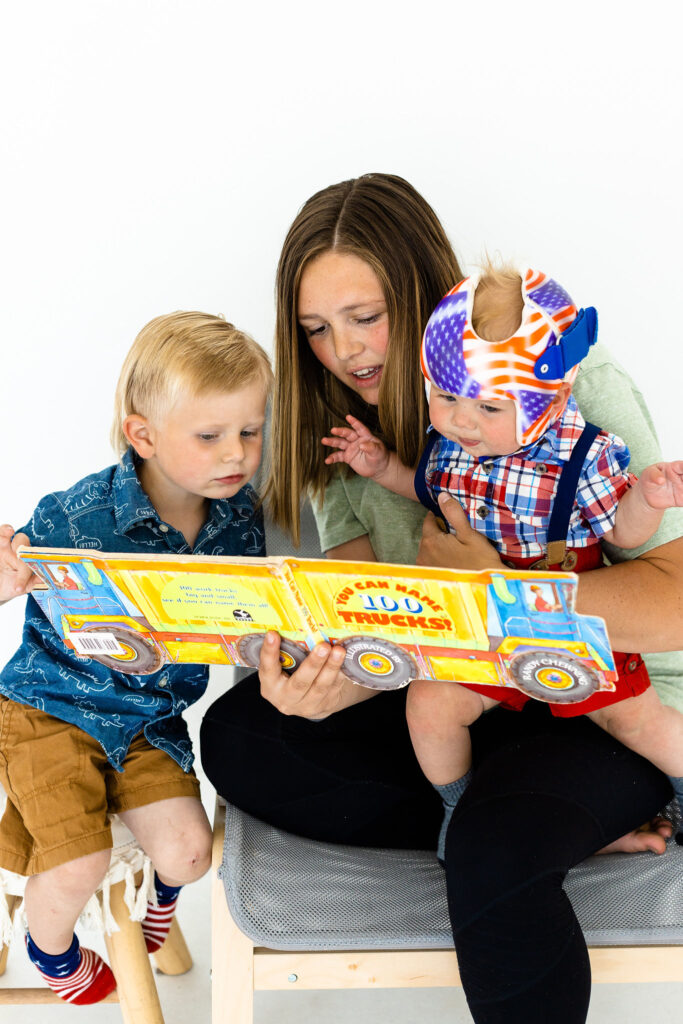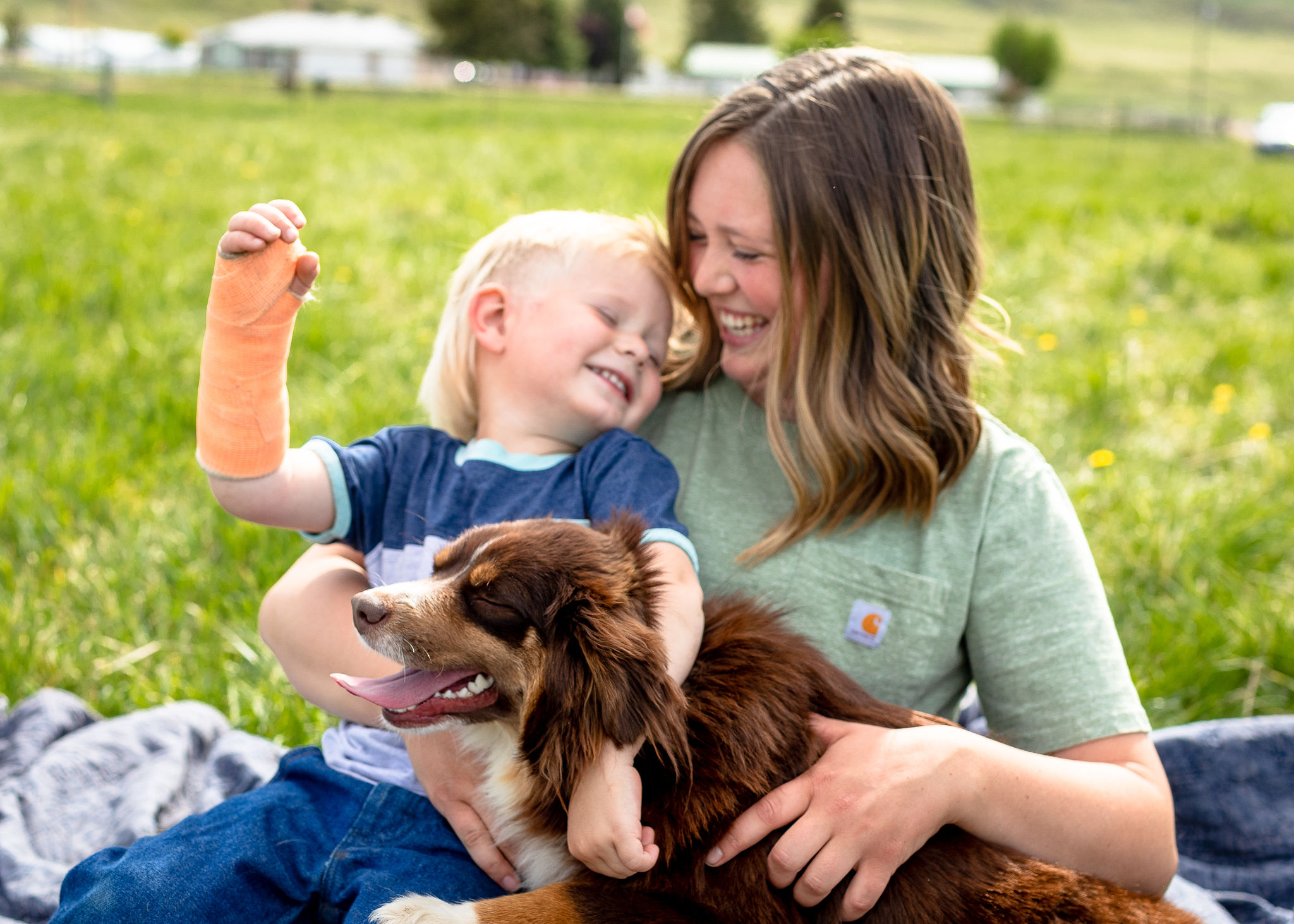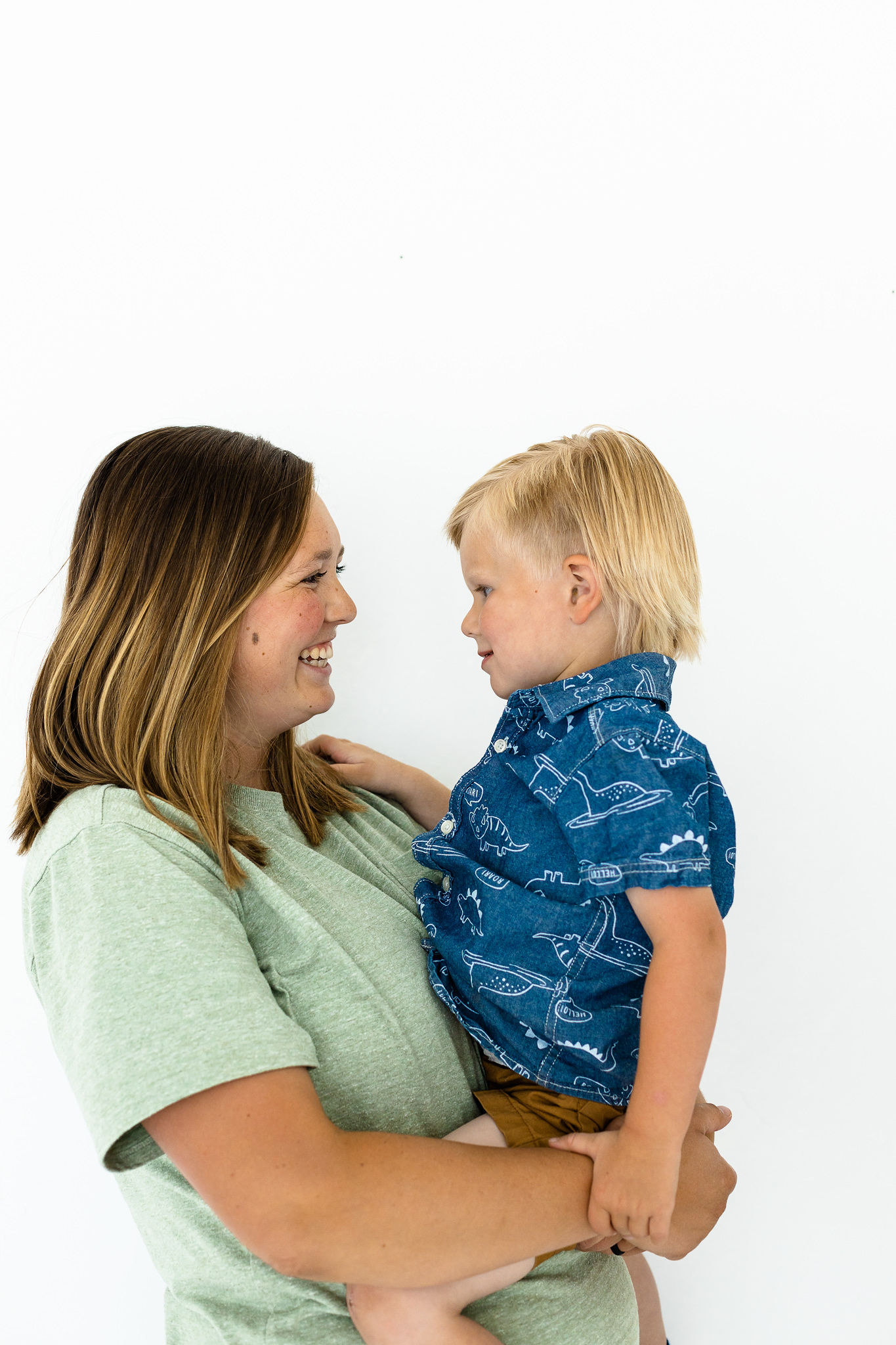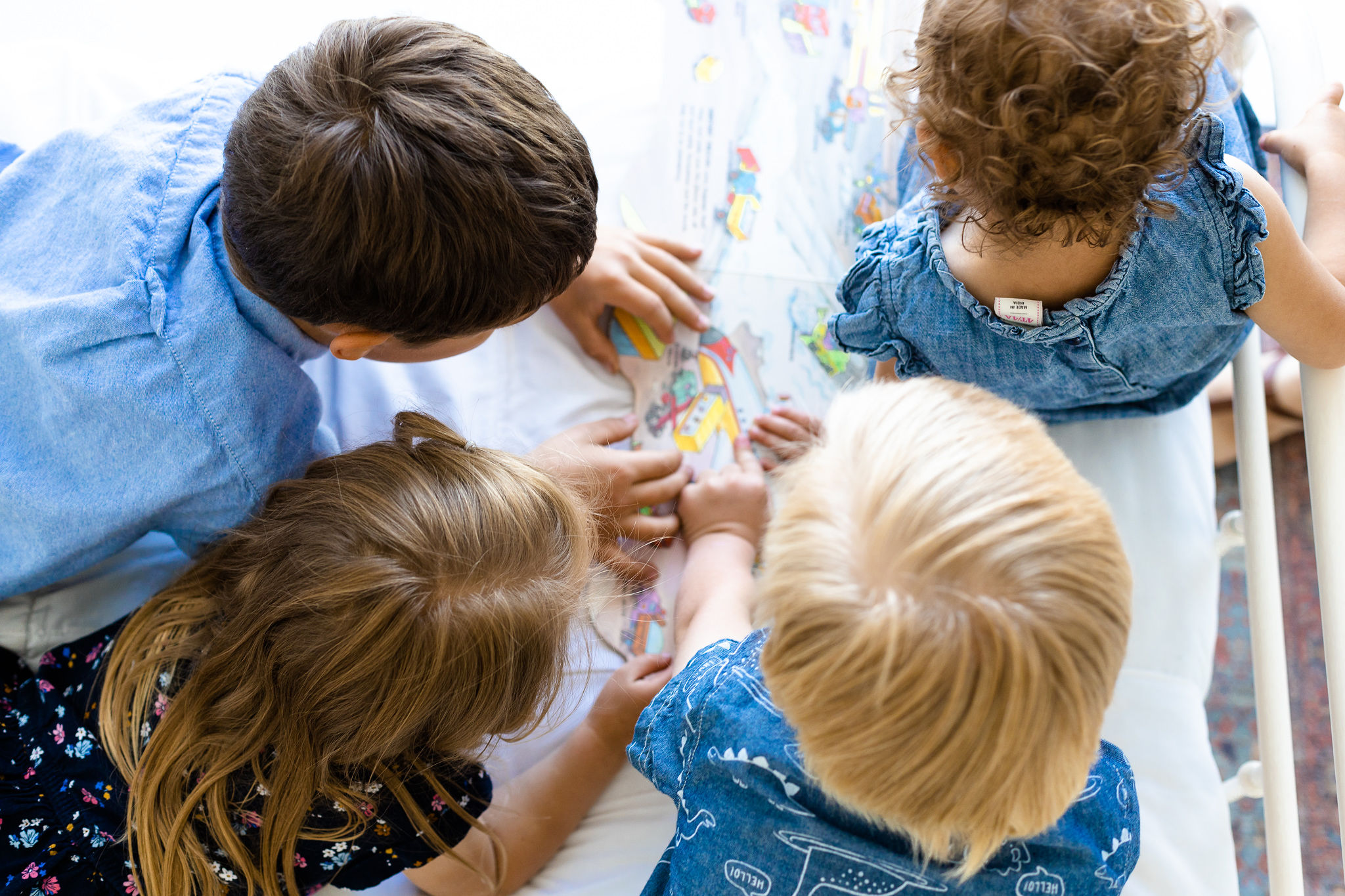29 Things Parents do that Predict School Readiness
A group of researchers developed a checklist of 29 developmentally supportive things parents do that predict school readiness in their children. These things predict one or more of the following outcomes when children begin kindergarten:
Cognitive skills (problem solving, reasoning, science, and math readiness)
Vocabulary (word knowledge, language ability)
Literacy skills (recognizing letters, linking speech sounds to letters, recognizing text)
Social skills (emotion regulation, low rates of aggression)

A note for the parents
Very few parents do ALL of these things, but all parents do some of these things. There are two main things I want you to remember when reading over this list. Number 1- celebrate the things you already do, and build upon your natural strengths. One of the most powerful ways to become the parent you want to be is to notice how you are doing good and celebrate that. When you feel good about yourself, you will be able to continue building on your strengths and work on building new skills without getting discouraged. Number 2- rather than feeling discouraged at so many things you should be doing, choose just one thing to try. When you feel ready to try adding something new, just pick one thing and work on that. Do not try being perfect at all 29 things all at once.
School Readiness
School readiness is a helpful measure- but it’s definitely not everything. While school readiness is a good way for researchers to study and learn about child development, there is so much more to parenting and to raising children than just school readiness. To read more about school readiness, check out this article.
29 things parents do that predict school readiness
So here are the 29 things parents do that predict school readiness:
- Speak warmly
- Smile at child
- Praise child
- Stay physically close to child
- Say positive things to child
- Interact in positive ways with child
- Show emotional warmth
- Pay attention to what child is doing
- Change activities to meet child’s interests or needs
- Be flexible when child changes interests
- Follow what child is trying to do
- Respond to child’s emotions
- Look at child when child talks or makes sounds
- Reply to child’s words or sounds
- Wait for child’s response after making a suggestion
- Encourage child to do things with toys
- Support child’s choices
- Help child do things on his or her own
- Verbally encourage child’s efforts
- Offer suggestions to help child
- Show enthusiasm about what child does
- Explain reasons for something to child
- Suggest activities to build on what child is doing
- Repeat or expand child’s words or sounds
- Label objects or actions for child
- Engage in pretend play with child
- Do activities in a sequence of steps
- Talk about characteristics of objects
- Ask child for information
I hope that this list encourages you and helps you discover the kind of parent you want to be.
Check out these other resources:
You May Also Like

Communication Skills for Kids
February 3, 2022
6 Ways to Build Social Emotional Skills
February 3, 2022